Living with a food allergy can greatly impact a child’s everyday life – from limiting participation in social activities to being treated differently by peers. A study from researchers at Children’s National Hospital also shows that one out of every three kids with a food allergy has experienced food allergy-related bullying. This bullying can range from the child being teased about their food allergy to having their allergen waved at them or slipped into their meal on purpose. Because children are often reluctant to open up about bullying, we asked study authors Linda Herbert, PhD, and Frances Cooke, BA, for some tips for talking to kids about food allergy-related bullying.
What are some pointers for talking to your child about bullying?
To find out if your child is being bullied, we recommend starting by asking your child about everyday experiences with peers. Starting with a question like, “Are you being bullied because of your food allergy?” won’t give you as much information as a question like, “What’s it like at school when you eat lunch?” or saying, “Tell me about what happened at your school party when everyone was eating pizza.” Once you’ve started with these general questions, then it’s easy to transition to ask specific questions about bullying like, “Has anyone ever teased you because of your food allergy?” or “Have you ever been threatened by someone with your allergen?”
Additionally, sometimes food allergy management is visible to others, like sitting at an allergy-free table or checking labels. In our study, we found that sometimes youth were bullied because of these visible signs of food allergy. We would encourage parents to talk to their children about how food allergy management is going at school, how they feel about it, and how their peers and teachers react when they do something to keep themselves safe, like eat a different food or carry epinephrine auto-injectors.
These types of conversations can take place on the way home from school, at dinner or before bed. If you check in regularly with your child in this way, you will get a better picture of what having food allergies in school is like and will be more likely to find out if your child is being bullied.
If your child does tell you about food allergy-related bullying, tell them that you believe them, will support them to address what is happening, and do everything you can to help stop the bullying. Normalize the experience for your child too. Being bullied does mean that there is something wrong with them. You can help teach your child with food allergy that it is important to speak up if they are being bullied to keep them safe from their allergens.
What are some signs of bullying that parents should look for?
Changes in your child’s behavior, including changes in appetite, sleep or frequency of physical symptoms like stomachaches, a loss of interest in school or frequent feelings of sadness, anxiety or low self-esteem may be signs of peer difficulties. If you notice things like this starting suddenly or becoming worse, check in with your child about what might be going on.
What can parents do if they think their kid is being bullied because of their food allergy?
If you think that your child is being bullied due to food allergy, ask them about their experiences at school with meals and social activities to gather more information. You can also talk to other adults at the school, such as your child’s primary teacher, the gym teacher or the adult in charge of monitoring lunch. They will likely have insight into what your child’s experiences are like at school. You should also find out more about the school’s bullying policy and get teachers and administrators involved. Teachers and administrators should be encouraged to respond to the bullying quickly and consistently. Further, it may be that there are small ways that the classroom or lunchroom can be changed to downplay differences due to food allergy so there are fewer opportunities to be bullied.
Are there any other important points that should be included?
Our study found that most of the people who were bullying kids with food allergy were classmates and other students. However, some youth said they were bullied by teachers or other school staff, siblings and other people. Parents should ask their child about food allergy-related bullying in many contexts and about how adults respond to their food allergy management as well.
Lastly, some parents also said they experienced food allergy-related bullying from friends, other parents, family and school staff. Parents can also seek help for their bullying experiences and can demonstrate advocating for themselves as a model for their child with a food allergy.
 https://riseandshine.childrensnational.org/wp-content/uploads/2025/08/epi-pens-feature.jpg
300
400
Danielle Robbins
https://riseandshine.childrensnational.org/wp-content/uploads/2017/11/childrens_riseandshine_logo.jpg
Danielle Robbins2025-08-26 12:24:232025-08-26 16:12:43Back-to-school safety tips for kids with food allergies
https://riseandshine.childrensnational.org/wp-content/uploads/2025/08/epi-pens-feature.jpg
300
400
Danielle Robbins
https://riseandshine.childrensnational.org/wp-content/uploads/2017/11/childrens_riseandshine_logo.jpg
Danielle Robbins2025-08-26 12:24:232025-08-26 16:12:43Back-to-school safety tips for kids with food allergies







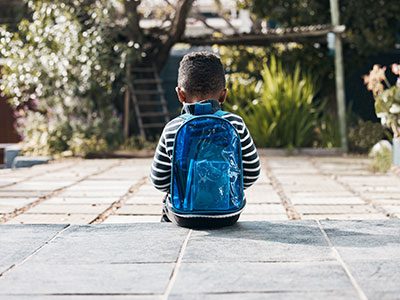

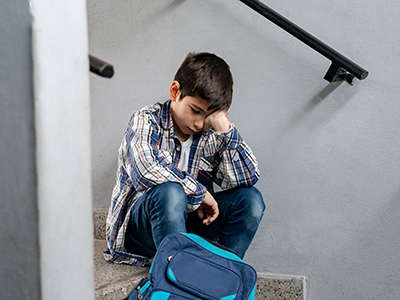



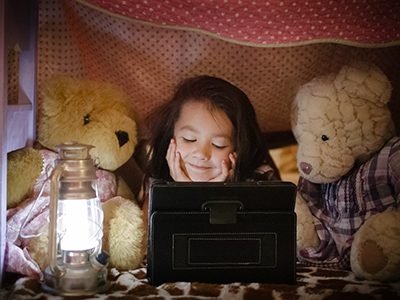
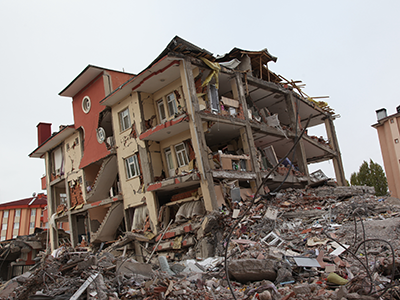

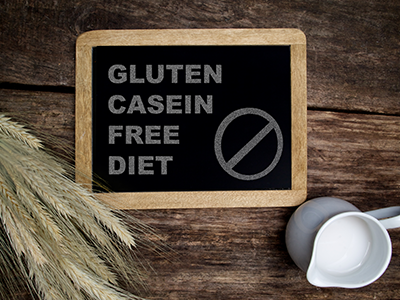

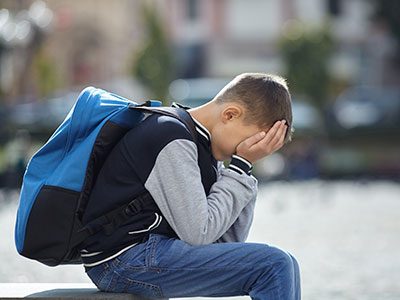


Leave a Comment
Want to join the discussion?Feel free to contribute!